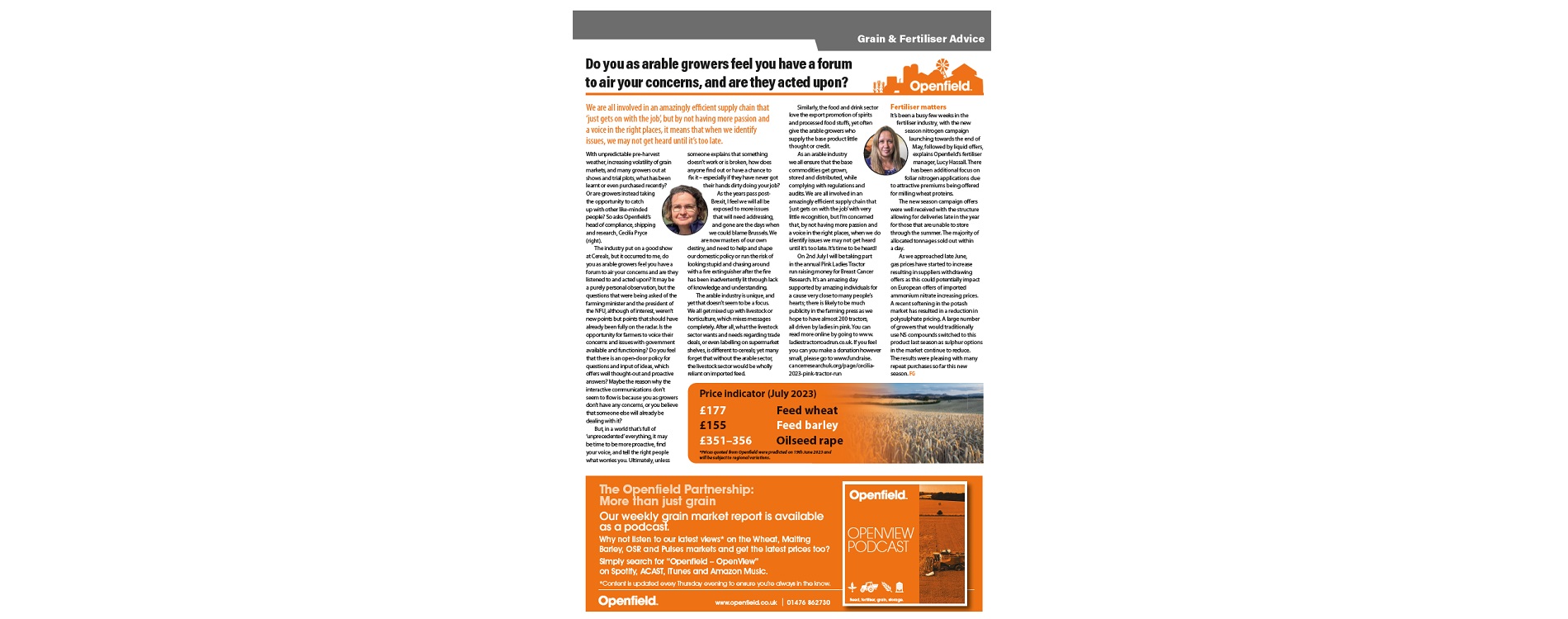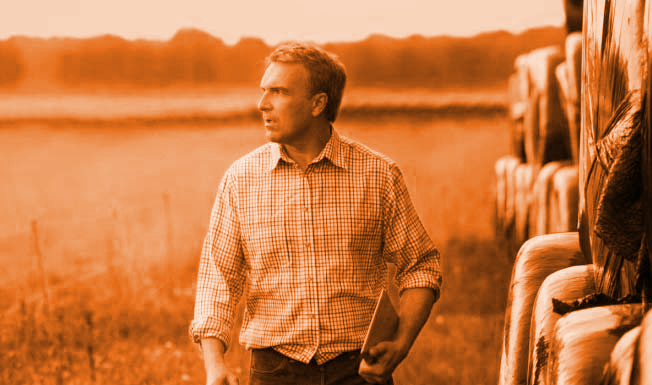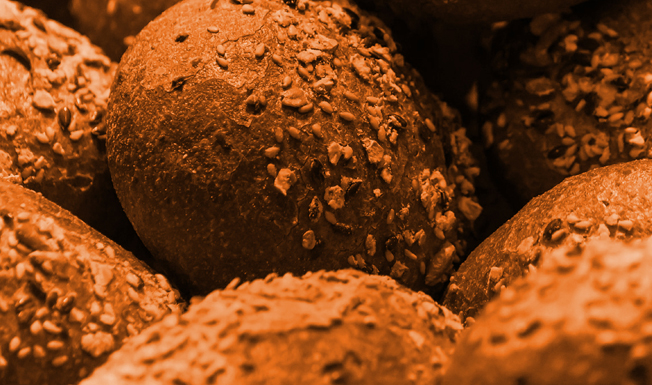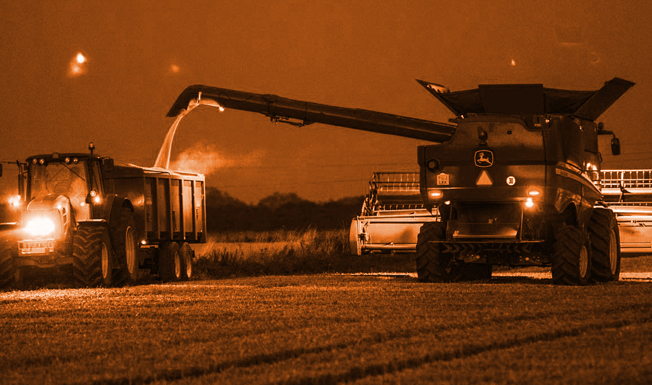Do you as arable growers feel you have a forum to air your concerns, and are they acted upon?
We are all involved in an amazingly efficient supply chain that ‘just gets on with the job’, but by not having more passion and a voice in the right places, it means that when we identify issues, we may not get heard until it’s too late.
With unpredictable pre-harvest weather, increasing volatility of grain markets, and many growers out at shows and trial plots, what has been learnt or even purchased recently?
Or are growers instead taking the opportunity to catch up with other like-minded people? The industry put on a good show at Cereals, but it occurred to me, do you as arable growers feel you have a forum to air your concerns and are they listened to and acted upon? It may be a purely personal observation, but the questions that were being asked of the farming minister and the president of the NFU, although of interest, weren’t new points but points that should have already been fully on the radar. Is the opportunity for farmers to voice their concerns and issues with government available and functioning? Do you feel that there is an open-door policy for questions and input of ideas, which offers well thought-out and proactive answers? Maybe the reason why the interactive communications don’t seem to flow is because you as growers don’t have any concerns, or you believe that someone else will already be dealing with it?
But, in a world that’s full of ‘unprecedented’ everything, it may be time to be more proactive, find your voice, and tell the right people what worries you. Ultimately, unless someone explains that something doesn’t work or is broken, how does anyone fond out or have a chance to fix it – especially if they have never got their hands dirty doing your job? As the years pass post-Brexit, I feel we will all be exposed to more issues that will need addressing, and gone are the days when we could blame Brussels. We are now masters of our own destiny, and need to help and shape our domestic policy or run the risk of looking stupid and chasing around with a fire extinguisher after the fire has been inadvertently lit through lack of knowledge and understanding.
The arable industry is unique, and yet that doesn’t seem to be a focus. We all get mixed up with livestock or horticulture, which mixes messages completely. After all, what the livestock sector wants and needs regarding trade deals, or even labelling on supermarket shelves, is different to cereals; yet many forget that without the arable sector, the livestock sector would be wholly reliant on imported feed.
Similarly, the food and drink sector love the export promotion of spirits and processed food stuffs, yet often give the arable growers who supply the base product little thought or credit. As an arable industry we all ensure that the base commodities get grown, stored and distributed, while complying with regulations and audits. We are all involved in an amazingly efficient supply chain that ‘just gets on with the job’ with very little recognition, but I’m concerned that, by not having more passion and a voice in the right places, when we do identify issues we may not get heard until it’s too late. It’s time to be heard!
On 2nd July I will be taking part in the annual Pink Ladies Tractor run raising money for Breast Cancer Research. It’s an amazing day supported by amazing individuals for a cause very close to many people’s hearts; there is likely to be much publicity in the farming press as we hope to have almost 200 tractors, all driven by ladies in pink. You can read more online by going to www.ladiestractorroadrun.co.uk. If you feel you can you make a donation however small, please go to www.fundraise. cancerresearchuk.org/page/cecilia-2023-pink-tractor-run
Fertiliser matters
It’s been a busy few weeks in the fertiliser industry, with the new season nitrogen campaign launching towards the end of May, followed by liquid offers. There has been additional focus on foliar nitrogen applications due to attractive premiums being offered for milling wheat proteins. The new season campaign offers were well received with the structure allowing for deliveries late in the year for those that are unable to store through the summer. The majority of allocated tonnages sold out within a day.
As we approached late June, gas prices have started to increase resulting in suppliers withdrawing offers as this could potentially impact on European offers of imported ammonium nitrate increasing prices. A recent softening in the potash market has resulted in a reduction in polysulphate pricing. A large number of growers that would traditionally use NS compounds switched to this product last season as sulphur options in the market continue to reduce. The results were pleasing with many repeat purchases so far this new season.




